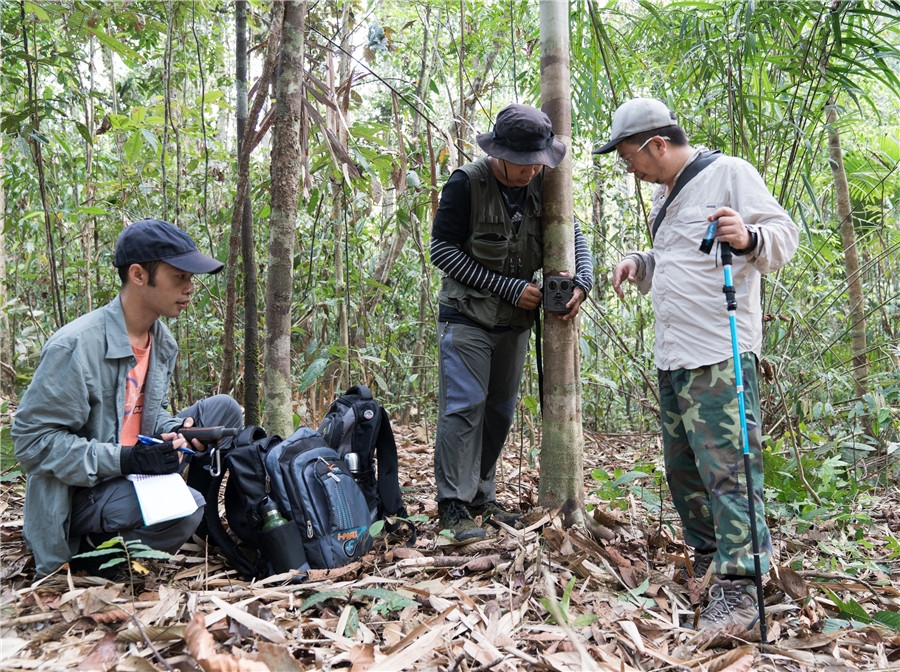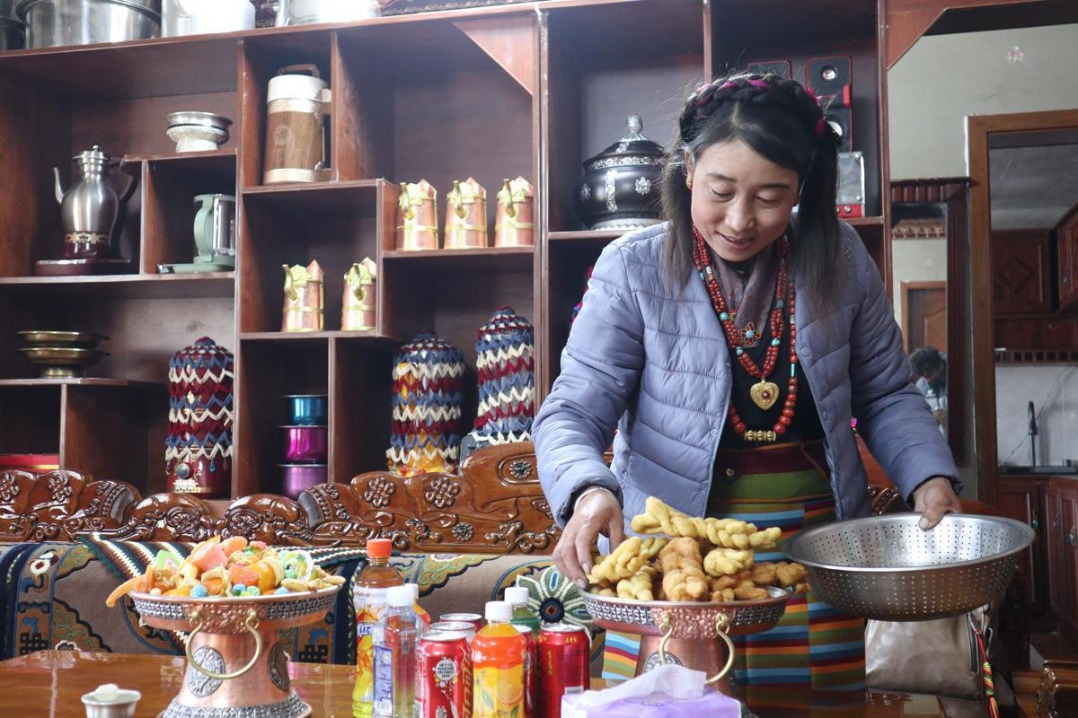Biodiversity aid tops agenda for Chinese, Asian experts


New generation
However, Quan may gradually feel relieved thanks to a project that aims to cultivate homegrown ecologists in Myanmar and a number of Asian countries.
According to the Xishuangbanna Tropical Botanical Garden, from 2016 to last year, 86 students from Southeast Asian countries enrolled at CAS institutes via the center to study for master's degrees or doctorates in biodiversity. Among them, 49 were from Myanmar.
"We enroll about 10 students from Myanmar every year. This is a good beginning to promote sustainable development in the country's biodiversity protection by helping Myanmar build up its own scientific research teams," Quan said.
Myo Min Thein, an official from Myanmar who is studying for a master's in ecology at the botanical garden, said capacity building for ecologists is very important for his country, which is attaching growing importance to the protection of biodiversity.
"We are making more efforts. You know, we are a developing country and we need technology to help conservation," said the employee of the country's Ministry of Natural Resources and Environmental Conservation.
The 28-year-old conducted a 45-day field study for his thesis titled "Plant-animal Interaction along the Elevation of Mount Victoria".
The botanical garden has encouraged him to return to Myanmar to carry out a field study for his thesis so the results can help address problems in the country, he said.
He is looking forward to making full use of what he has learned in China to help manage Myanmar's biodiversity resources after he graduates next year.
In 2009, the botanical garden launched an annual course to help improve biodiversity protection capability in tropical countries. Participants spend half of the 43-day course attending lectures given by senior scientists from home and abroad, and use the time remaining to conduct studies under the guidance of the senior experts, according to Chen Jin, director of the garden.
He said the course attracts students from at least 10 countries every year, and so far, 282 people from 24 countries, including many ecologists, have participated.
Chen said efforts have been made to build the Southeast Asia Biodiversity Research Institute into a research center that can facilitate academic exchanges about biodiversity protection in Southeast Asia among scientists from various countries.
"Though we have done a great deal of work, our efforts are far from sufficient to address the difficulties and challenges (of biodiversity protection) the region faces," he said, adding that climate change and regional development will further damage the rich biodiversity resources.
However, Song, the associate researcher, believes they have sown the seeds of hope as more students graduate from biodiversity protection courses in China. When they return to their home countries, the students will help to cultivate the biodiversity protection talent their countries need.
"More people will engage (in biodiversity protection). We don't know what results our efforts will yield, but at least we are working on the issue. There should be at least some differences, rather than if no efforts had been made," he said.
























